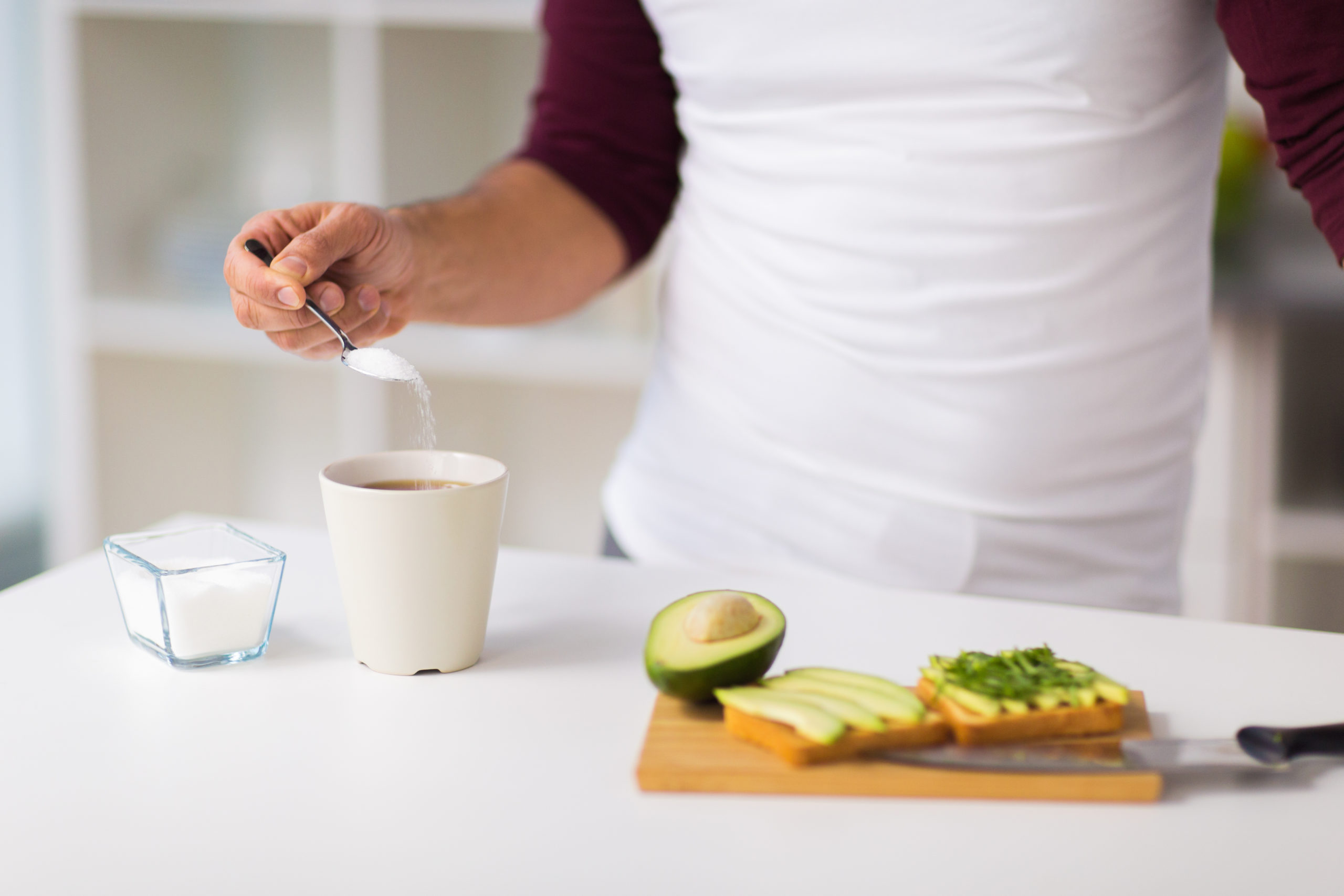Blood glucose is primarily impacted by the carbohydrates in the foods and beverages consumed. Here are some steps to help prevent and manage diabetes through the diet.
- As a first step, understand what carbohydrates are and where they are most commonly found.
- Next, learn how to count carbohydrates. This entails counting the number of grams of carbohydrates in a meal and matching that to your dose of insulin.
- More broadly, understand how to make sense of Nutrition Facts labels and make informed dietary decisions.
- Strategize and execute your eating plans. This could mean looking up recipes with nutrition information needed to count carbohydrates, meal planning to help time your meals to keep blood sugars balanced, or seeking out smart substitutions to prevent blood glucose spikes, such as replacing sweetened foods and beverages with low- and no-sugar alternatives.
- The inclusion of naturally high fiber or fiber-enriched foods in your diet could aid in the management of blood glucose levels, as they have been shown to slow the absorption of carbohydrates. As a result, the rise in post-meal glucose and insulin levels are minimized.
- Take advantage of online tools such as CCC’s Food Calorie Calculator, which allows users to choose from thousands of foods and brands, and see nutrition facts including calories and carbohydrates.
- Understand that there are more options than ever before for foods and beverages often labeled as “lite”, “reduced-calorie”, “reduced-sugar”, or “diet” that can help you minimize spikes in blood glucose levels. Those products are typically sweetened with low- or no-calorie sweeteners (LNCS). Learn more about utilize LNCS to manage diabetes here.


